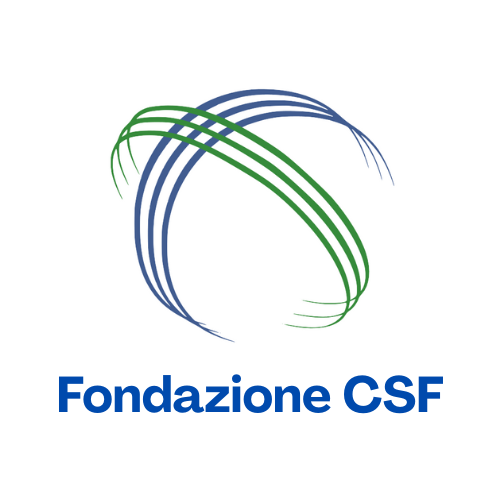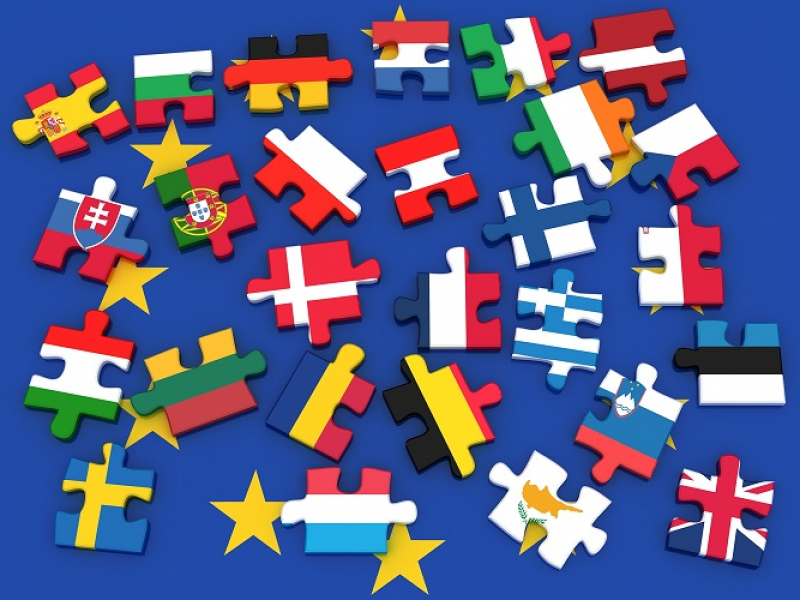Alberto Majocchi / 16 May 2023
Commentary no. 262
After the dramatic withdrawal of the United States from Afghanistan – which symbolically marked the end of the attempt by the United States to impose a unilateral government on the world system of states – the Russian invasion of Ukraine represents an extreme attempt by the government in Moscow to have a role in the unfolding global balance of power. The crisis affecting the world system of states shows that a unilateral government of the world is inconceivable at present, not only due to the assertion of power by the Chinese, but above all due to the rise of a significant number of other countries, in Asia, Africa and Latin America, who no longer accept being subjected to the decisions of the superpowers, and firmly ask to participate in constituting a multilateral global power structure. In this context, a decisive role can be played by Europe, whose "raison d'état" implies that the primary objective of its foreign policy must be the pursuit of peace.
In general, the possibility that a country adopts a strategy in international politics aimed not at increasing its own power, but at promoting a situation of balance at the global level, with a view to guaranteeing the permanence of democratic institutions internally, is historically linked to a situation of insularity: this is what happened for the United Kingdom in the context of the European system of states and for the United States until the time when it assumed a decisive role in the world system of states. But when the European Union has the necessary tools to autonomously carry out its own foreign and security policy, it will in any case be included in the international balance of power and, therefore, will have to take into account the structures of power at a global level.
The ultimate goal of perpetual peace can be achieved, as theorised by Immanuel Kant, only when relations between states worldwide are based on law and not on force, and this will only be possible with a world federation. Europe's task is to promote the transition toward this goal. Today the world is evolving towards multipolarity with great difficulty, but this system is more unstable than a bipolar system, which, with a "balance of terror", was able to guarantee a relatively peaceful order during the confrontation between the United States and the Soviet Union. To achieve a more peaceful order at this historical stage, multilateral institutions must be strengthened – and not weakened, as superpowers in crisis do – and herein lies Europe's specific responsibility, before the logic of power politics prevails, even in the Union.
These developments will be possible if Europe is able to complete the unification process, granting the Union with decision-making power in the area of foreign and security policy, with a clear outline of economic policy and with a Financial Plan that distributes resources equitably between the different levels of government. These issues will be at the heart of the campaign for the next European elections in 2024, which could be the starting point of a constituent phase in which there is an irreversible transfer of power from the states to Europe, which, in Mario Albertini’s thinking, coincides with “the moment when the political struggle becomes European, and where the object for which men and parties fight will be European power”.
In his book, Europe: A Gentle Force, Tommaso Padoa-Schioppa clearly agreed with Albertini's thinking on the issue of transferring powers from Member States to Europe: “I am convinced that the point of no return can only be properly political; not economic or monetary, or even institutional. I remember, and I carry with me, an observation made by Mario Albertini in a conversation in which I had the good fortune to participate, as he was developing his decision on Monetary Union. ‘The point of no return’, he said, ‘is neither in powers nor in institutions: it is the moment when the political struggle becomes European, when the object for which men and parties fight will be European power. That will be the moment when the revolution will have finished its task and the new orders created will be occupied by ordinary political forces, which will make it the theater of their contention. In a civilized political society, iron and blood are replaced by electoral struggle, armies by political formations’.
In the campaign for the European elections, the parties vying for seats in the Strasbourg Parliament will have to take a position, which is fundamental not only for the future of Europe, but also for the world, with a view to giving the Union an institutional structure of a federal nature. This will involve favouring the strengthening of competencies in security, foreign, economic and fiscal policy, but above all guaranteeing the possibility of majority decisions in these crucial areas, with federal institutions managing a shared sovereignty between the European level and the Member States, to ensure unity in diversity, according to Kenneth Wheare’s classic definition, and to promote a new multipolar world order capable of ensuring peace and sustainable development of the entire planet.
On the point of majority decision-making, an important first step is the German Chancellor Olaf Scholz's proposal to adopt majority voting (55 per cent of the members of the Council of Ministers, representing countries comprising at least 65 per cent of the EU’s population) for foreign and fiscal policy decisions. This proposal has already been endorsed by eight other countries (France, Spain, Italy, the three Benelux countries, Finland and Slovenia). Above all, however, the manoeuvres in the formation of the alignments that will compete in the 2024 European elections appear to be relevant. The first fact to note – which also directly affects Italian politics – is the attempt by the Lega and Fratelli d'Italia to move in the direction of the EPP, disengaging from those political formations that are more sovereignist and hostile to completing a federal evolution of the Union, in order to shift the political balance at the European level towards the center-right. This attempt is firmly opposed by those in the EPP who are aiming for a reconfirmation of the coalition that led to the appointment of Ursula von der Leyen as Commission President. The outcome of this process is still uncertain, but these manoeuvres nonetheless show that the struggle for European power has now begun and that future developments in the Union will largely depend on the outcome of this struggle.
*Professor Emeritus of Public Finance at the University of Pavia and member of the Scientific Committee of the Centro Studi sul Federalismo
Download PDF - Commentary no. 262

 En
En  It
It 



